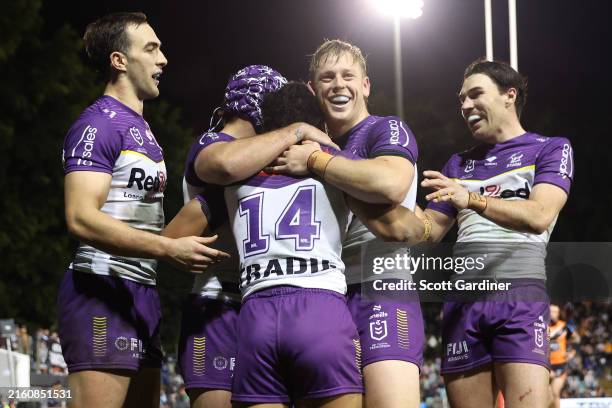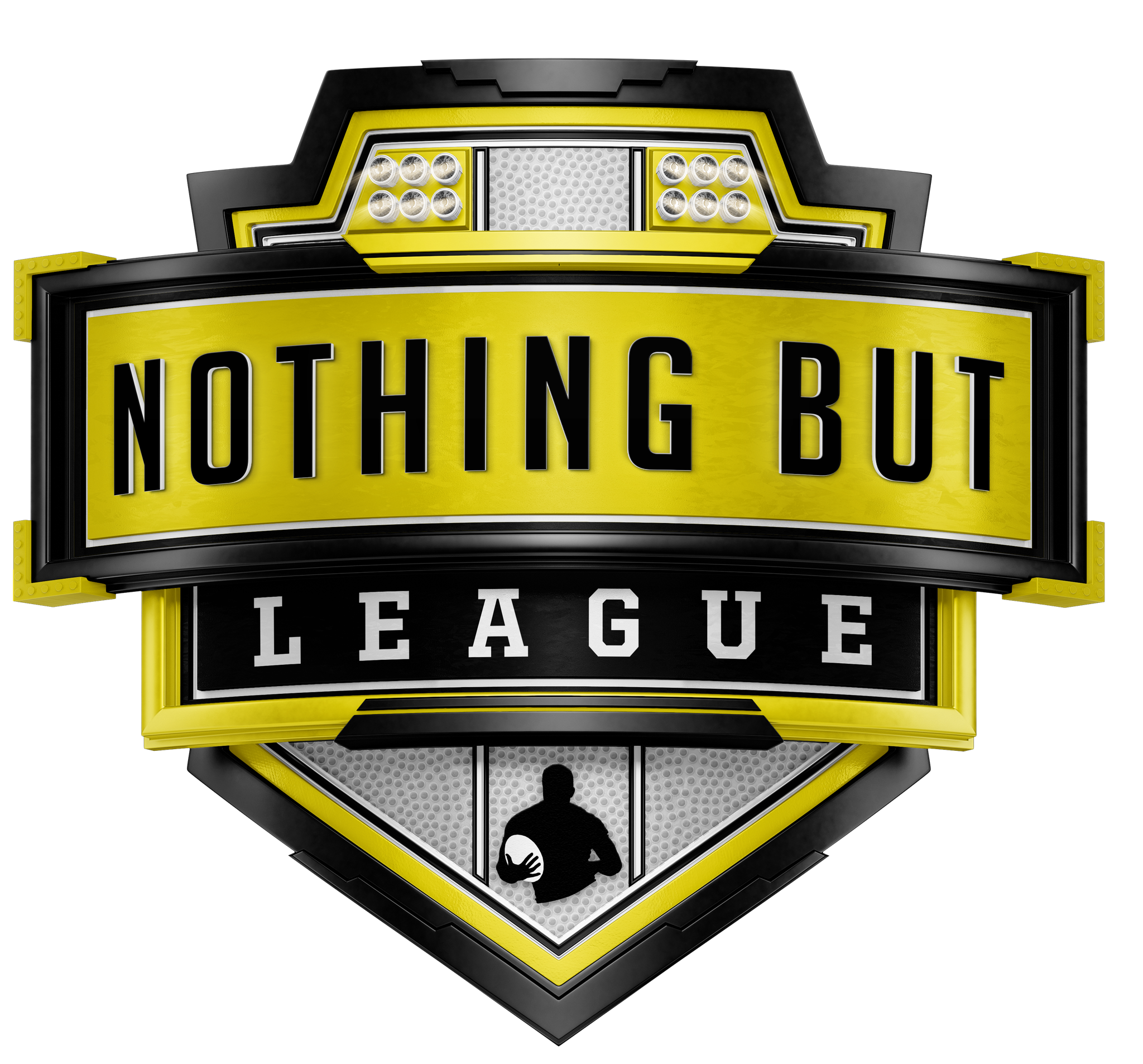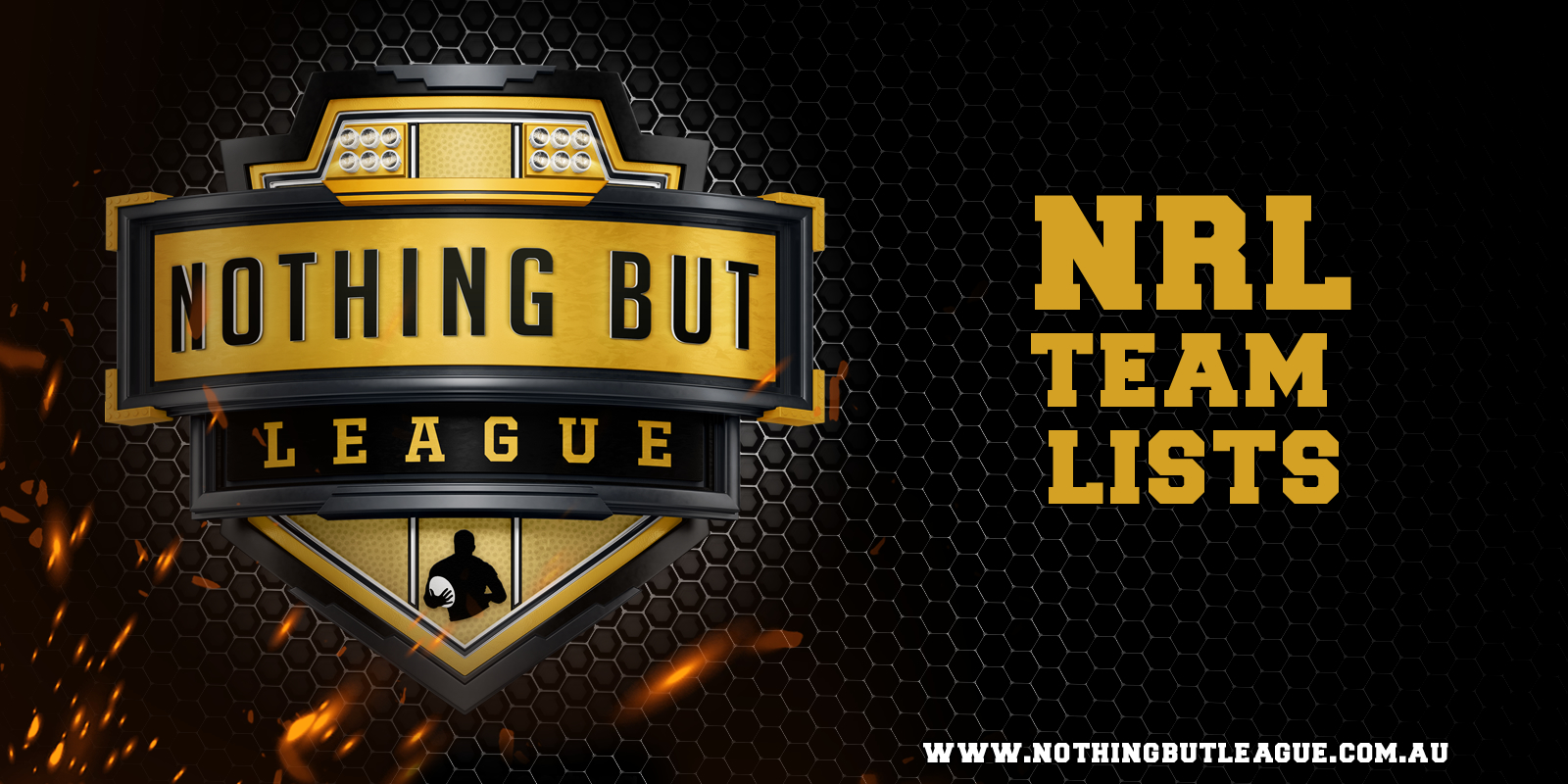If allegations of salary cap breaches at Manly, or any other club currently being probed, are substantiated in the future, they might just become the dumbest club in the history of the game.
In every case of systematic salary cap rorting over the last decade – whether it be Parramatta last year, Melbourne in 2010, or the Bulldogs in 2002 – front office stupidity has been to blame for the loss of competition points, premierships and hundreds of thousands of dollars. And the administrators at Lottoland will be front and centre once again if the alleged $300,000 third-party offer made to an unnamed Manly player in a car park is proven by the NRL’s integrity unit.
The most boneheaded move in NRL administrative history came last year when it was revealed that Parramatta had been offering its players third-party payments since 2013.
The infamous five, who were shown the door shortly after Todd Greenberg handed down his findings in May 2016, breached the cap year after year despite knowing full well that the integrity unit were tracking their every move like a stalker and had the ability to search e-mails, confidential documents and phone conversations at will.
Yet still, they continued their deception.
The most staggering statement to come out of Todd Greenberg’s announcement of Parramatta’s breach last year was this – “As we sit here today, our preliminary findings suggest that the club is again over the salary cap for 2016.”
Really? How moronic can you get?
Was the NRL’s sanction in May of 2015, where Parramatta were fined half a million dollars and handed a suspended four-point penalty if they didn’t get their house in order by the start of the new season, not enough of a deterrent for Steve Sharp and company to reconsider their approach to governance?
‘The NRL are onto us but, hey, look, what are the chances we’ll get busted again?’
That’s the mindset of a gambler who doesn’t know when to walk away and will risk it all in the knowledge that they might one day hit the jackpot.
No such luck for Parramatta, who left the casino with an empty wallet and facing the reality of having to rebuild a broken club.
What followed was the outcome of the administrator’s sheer stupidity and downright contempt for the rules of operation under the banner of the NRL – points stripped, millions of dollars lost, and the need to move club favourite Nathan Peats on to what has turned out to be greener pastures.
The fans, who can do nothing in these situations but sit back and wait for the chaos to blow over, are the ones who are punished despite being completely innocent in the whole state of affairs.
Just ask those Melbourne fans who had to watch their side play for peanuts back in 2010. Not to mention the pain they went through when the NRL took back two premierships.
Could you ever forgive the administrators who were responsible for deliberately manipulating the books to gain an advantage, particularly given Melbourne have played just as well without having to exceed the cap?
Surely not – many Parramatta fans haven’t.
That is why if the Integrity Unit find that there is some truth to claims that one of Manly’s players has received paper bag payments, the administrators should be hung out to dry and made an example of.
Of course, it is all alleged at this stage and there are strong rumours that other clubs are following suit.
But giving players third-party payments after what has happened previously is inexcusable and an insult to the paying supporter, who is the most severely impacted in these situations, closely followed by innocent members of the playing group.
Administrators must learn their lesson; in an age where a dedicated integrity unit with a mandate to search and seize documents is in operation, tampering with the books like a tax fraud will land you in hot water.
If they haven’t learnt that yet, then they simply shouldn’t be anywhere near the top of the administrative tree.
Sure, it is the salary cap making third party, under the table deals a more attractive option for club administrators. But to change the current system would be to give rich clubs like Brisbane and the Roosters a significant advantage, and lead to a lopsided and uncompetitive competition that will ultimately lose an already dwindling viewership.
The Australian Government wouldn’t reform its tax laws because instances of evasion have increased in the last decade. So why should the NRL be forced to change the way the competition is run just because cases of systematic salary cap breaches are continuing unabated?
Put simply, they mustn’t give in.
Many will argue that, with the salary cap increasing to around $9 – $10 million next year under the new television rights deal, clubs will have more space to keep their high-profile players on the list without having to tempt fate by breaching the cap.
In truth, and we’ve seen cases of this already, player salaries will increase accordingly as clubs look to outlay more money on their stars to keep them on-side.
The AFL haven’t been required to deal with any major salary cap breaches because, up until this year, the cap has been manipulated to suit the financial needs and situational circumstances of certain clubs.
Brisbane, for example, were given a retention allowance which happened to coincide with their premiership three-peat in the early 2000’s.
New club GWS were also given a greater cap allowance due to their list size and the need to keep them afloat and competitive in their early years.
All this has done is given a group of clubs a significant advantage over the remainder of the competition.
So, it is no surprise then that Hawthorn was able to win three flags across three years, while clubs like North Melbourne and Melbourne have been forced to linger at the bottom of the competition ladder for several seasons.
This system is not an out for the NRL, and they certainly shouldn’t be tempted into adopting it simply because the integrity unit are stubbing their toes on salary cap scandal after salary cap scandal.
Contempt for the integrity of the game and corrupt administrative decision making born of a desire to gain the edge, despite the inherent risks demonstrated through past indiscretions, are the key issues.
What we have currently is a system that clubs hate but is leading to a more balanced competition where most teams are a chance of winning the premiership.
Stick with it.





